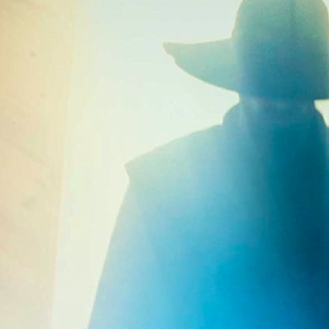By: Trevor Chartrand
Based on a true story, Brotherhood is a harrowing tale of survival that recounts the tragedy beset upon a boy’s summer camp in Balsam Lake, Ontario in 1926. On the night of July 20, thirteen boys and two camp counsellors set out to cross the lake in a canoe to gather food and supplies for the camp. They encountered high winds that capsized the boat, leaving them floating in the cold water for hours into the night. With the boys treading water in the cold, they eventually lost their strength and succumbed to the lake, each one sinking in turn. Only three campers and one councilor survived their hellish ordeal.
Director Richard Bell recounts this story with a great deal of tact and respect for the subject matter, painting a clear picture of the boys’ bravery in the face of death. Cleverly, the film focuses on a post-war climate, a world where WWI vets fear their young successors are growing ‘too soft,’ or even too reliant on technology – a relevant concern at the forefront of the ‘ok, boomers’ minds to this day. The adults in the film are ultimately proven wrong when the youth hold their own on the lake, showcasing leadership skills and strength of will in their most dire hour.
While the drama is well-crafted, this film has its fair share of flaws. The most jarring hurdle audiences will likely struggle with is the sheer number of characters. While it’s important to stay true to the events as they occurred, it’s also difficult to keep track of fifteen main characters in a 90 minute film. Identifying who’s who becomes even more of a challenge during the survival sequence, which takes place in low light, in the water at nighttime. Some cheating with the lighting would have been an easy fix here or, dare I say it, removing a few of the characters to make it easier to keep track of everyone. At the end of the day, a fictional retelling can bend the truth here and there if it makes for a more compelling narrative.
Even the cast of teenagers are fairly interchangeable, which may be part of the problem – no one performance stands out (with the exception perhaps of the loudmouth rebellious George Waller, played by Jake Manley). In any case, anyone with even the mildest case of face blindness will have a hard time keeping up with this one. The adult cast does have some great chemistry though, most notably with the naturally unfolding friendship between camp leaders Arthur Lambden (Brendan Fletcher) and Robert Butcher (Brendan Fehr). There’s a real sincerity in their performances and the two share a few brief, but interesting philosophical conversations that establish their characters, the tone of the film, as well as the time period, incredibly effectively.
Structurally, Brotherhood uses parallel action to portray the boy’s time at camp alongside their time in the lake. It’s an overall unnecessary choice, and doesn’t add much as far as layering the narrative. Unfortunately, it means we are still getting to know the boys at the camp as they start to die off one by one in the lake. I’m of two minds here, but there’s not much time given to make a connection with any of the characters – we haven’t really got to know them yet by the time they start sinking. This is one case where a linear story may have been more effective. Having said that, the pacing of the film would suffer significantly if the filmmakers had gone that way, as those early beach scenes are a bit of a slow burn.
Overall, Brotherhood is an effective account of a tragic true Canadian story. The film comments on generational judgement in a post-war world – a society where boys can be boys without the survival instinct of a soldier. In the end there’s a suggestion, a hint, towards the incredibly positive message that bravery and selflessness for your fellow man is an instinct in all of us, whether soldier or slacker, and will always prevail. With lots of interesting material here, Brotherhood is undoubtedly worth checking out.
**********
Do You Tweet? Follow These Tweeple:
Trevor Chartrand: @OhHaiTrebor





Be the first to comment